
Climate 101… and 201
If you’re curious about climate change and what can be done to mitigate it, check out this Project Drawdown webinar - The End of Normal - Understanding - and correcting - Earth’s troubling climate trajectory, featuring Dr. Kate Marvel, Project Drawdown climate scientist. Marvel shares the basics of climate change, what contributes to global warming, the various greenhouse gases and their sources, and the actions that can be taken to reduce planet-warming emissions and draw down what’s already accumulated in the atmosphere. Check out the recording, learn, and share!

Accelerating the Circular Economy
CCL National hosted Ramona Liberoff, PACE Executive Director, in the August 2023 monthly meeting. Take a listen to learn from Liberoff about the circular economy, a strategy to ensure that goods, products, and services are maintained in circulation for as long as possible. This allows us to maximize energy, minimize waste and pollution, and enable true sustainability.


Hawaii State House Passes Resolution urging National Carbon Fee and Dividend
A fee on carbon with revenue returned to households and a border adjustment is an effective climate policy. The Hawaii House of Representatives recently passed a resolution encouraging Congress to pass such a policy.

Carbon Cashback - Lifting the ‘Shade’
A price on carbon is a key to reducing carbon emissions as it focuses on systemic behavior change. It achieves this by creating financial disincentives to consume fossil-fuel intensive products and services. When coupled with a rebate of the carbon revenue, households can adapt to the cost increases of these products and services. Importantly, they can seek out lower cost (lower carbon) solutions, saving even more money in doing so. Over time, companies will respond with lower cost carbon offerings.
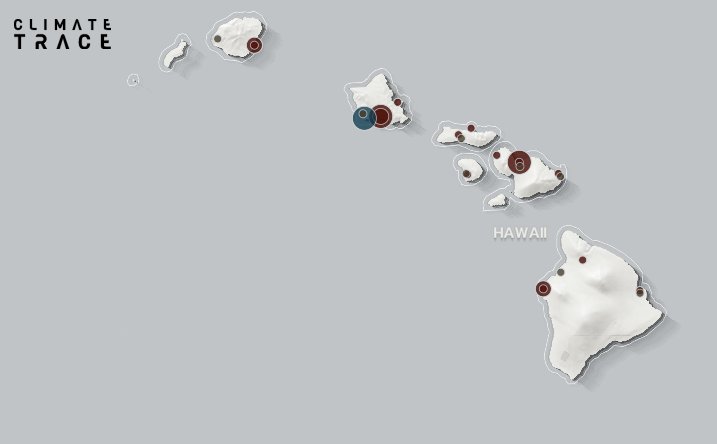
Measure to Manage
Measuring greenhouse gas (GHG) emissions is essential in managing global warming. You cannot effectively manage what you don't measure, after all.
GHGs, such as carbon dioxide, methane, and water vapor, trap heat in the Earth's atmosphere and contribute to the greenhouse effect, which keeps the planet warm enough to support life. However, human activities, such as burning fossil fuels, waste management, agriculture, and deforestation, have increased GHG concentrations in the atmosphere, resulting in a net increase in global temperatures and climate change.

We Must Strive for Sustainable, Reliable, and Equitable Clean Energy
Hawaii needs affordable renewable energy that is both sustainable and reliable (available 24x7). When done correctly, we can achieve this without relying on tree-burning and fossil-fuel-burning power plants that are harmful to our planet and costly to humanity.
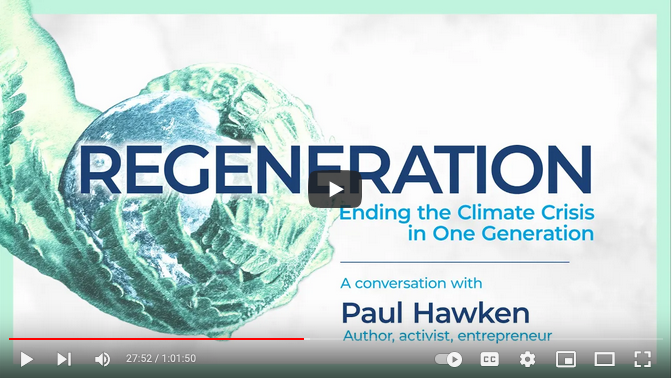
Paul Hawken on Climate Action
Author and activist Paul Hawken joined the UH Hawaii Book and Music Festival Better Tomorrow Speaker Series on October 12, 2022.
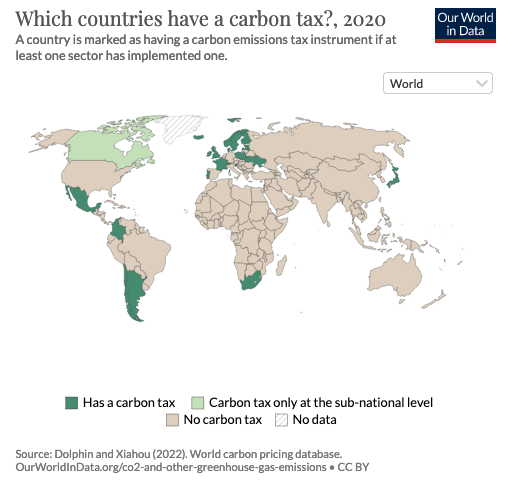
Carbon pricing across the globe
A price on carbon pollution allows us to realize the full cost of fossil fuels. It allows the true cost of fossil fuel combustion to be reflected in their price. This encourages less fossil fuel-intensive products and services, investment in solutions like renewable energy and energy efficiency, and the transition away from fossil fuels.

Carbon Storage in Nature
Effective climate action takes into account reducing global warming emissions, carbon sequestration (capturing and storing legacy CO2), and adaptation (ensuring that communities and economic systems withstand and survive inevitable climate change consequences).
An understanding of nature’s carbon storage solutions allows us to reduce emissions and optimize our ability to sequester carbon that is already in the atmosphere.
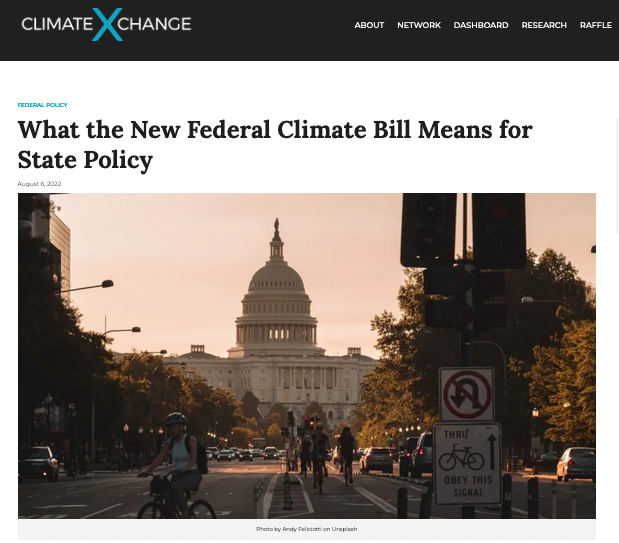
IRA State-Level Impacts
Wondering about the impacts of the IRA?
There is so much to unpack in the Inflation Reduction Act, that we can expect details to become apparent in the weeks and months to come. This is especially true for implementation details and implications to local governments.

IRA and Electricity
The Inflation Reduction Act (IRA) includes countless provisions, and it will take weeks, maybe months, to realize the various benefits and impacts fully. Many organizations have not wasted time in understanding the impact. Rewiring America is one such organization. It has created a calculator to estimate the impact of the IRA on household energy bills. Check it out!
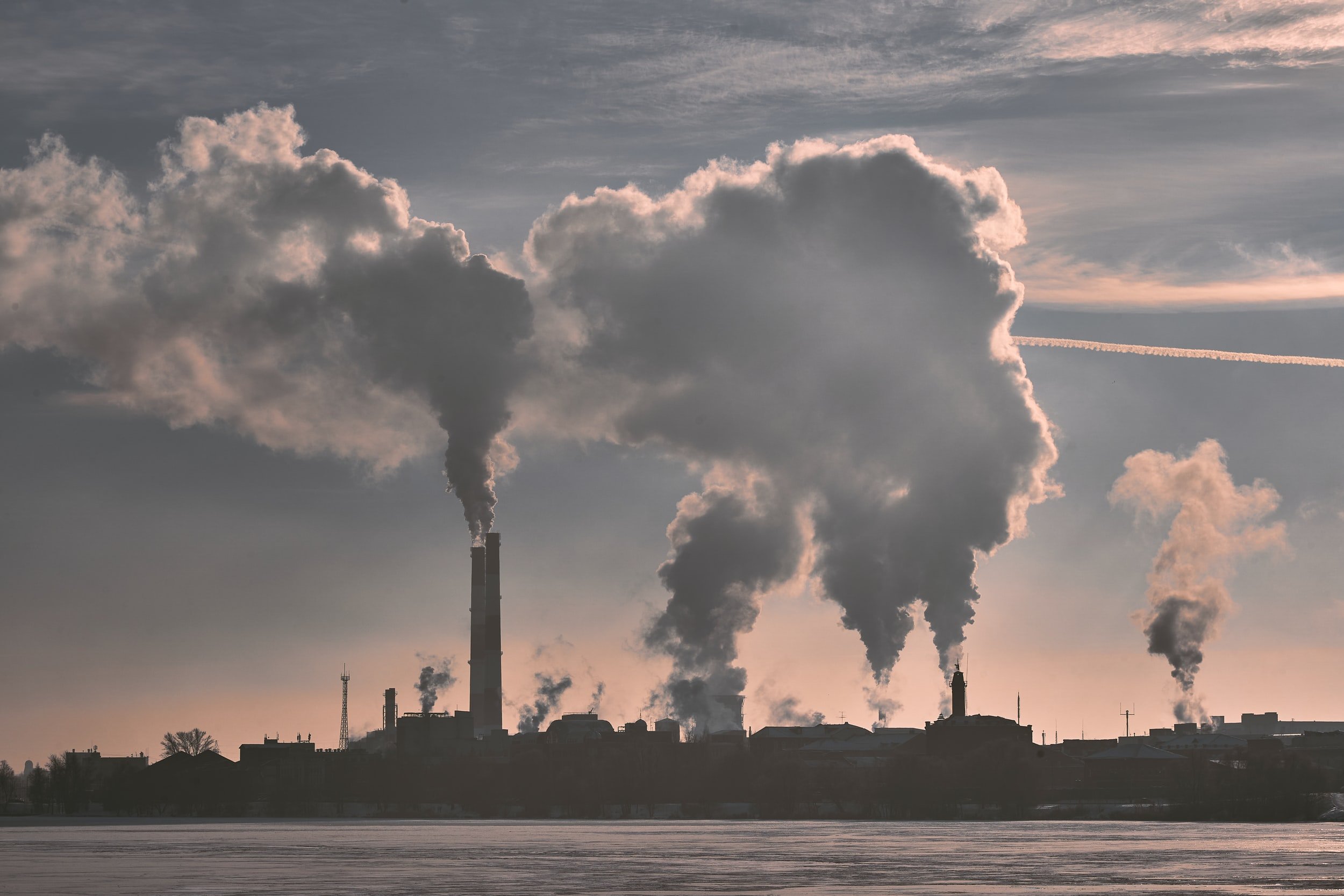
A club that will be all the rage… (nations with a price on carbon)
Check out the latest on carbon pricing on the global stage in this article from the World Economic Forum. A price on carbon pollution is one of the most effective tools for cutting global warming emissions. Across the globe, a number of countries have implemented or are attempting to implement pricing as a means to effect necessary, economy-wide behavior changes that will encourage a shift to low carbon solutions. They represent a distinguished group of countries that are leading in efforts to mitigate climate change.
More must join this club, including countries that are the heaviest polluters.

CCL on the SCOTUS Decision on WV vs EPA
Reducing greenhouse gas emissions like carbon dioxide is critical to avoiding the worst impacts of climate change. The dissenting opinion by Justice Kagan notes that some of those impacts include “increases in heat-related deaths,” “coastal inundation and erosion,” “more frequent and intense hurricanes, floods, and other extreme weather events,” “drought,” “destruction of ecosystems,” and “potentially significant disruptions of food production.” By limiting the EPA’s authority in this way, the Court has cut off one major pathway for the federal government to address the root cause of those threats.
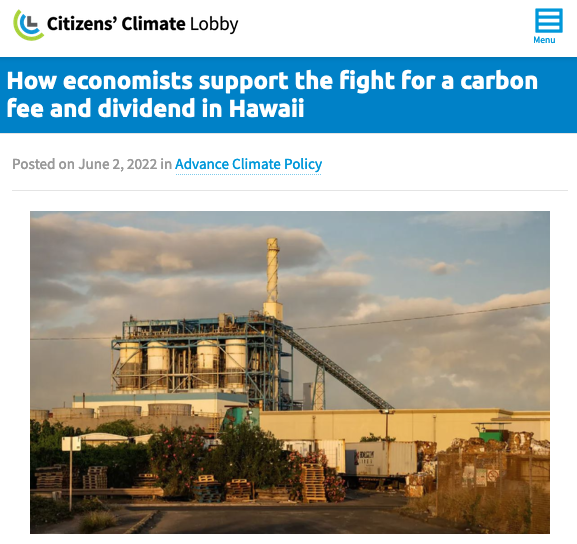
“How economists support the fight for a carbon fee and dividend in Hawaii” (CCL)
CCL’s Jonathan Marshall recently wrote about efforts in Hawaii to introduce Carbon Cashback, a carbon fee and dividend policy. It highlighted the grassroots effort the encourage passage of the bill and the University of Hawaii study designed to establish the impact of the policy on Hawaii’s economy, emissions, and households.

Climate Change is Too Costly to Ignore
From rising inflation to soaring prices for home and flood insurance to the cost of recovery after unprecedented storms, wildfires, and flooding, climate change is increasingly creating a financial burden for Americans.
Hawaii residents are increasingly feeling the pain of rising household costs caused by America’s reliance on carbon-emitting energy, the interests of international oil producers, and climate change-exacerbated disasters. The Ukrainian war has exacerbated oil prices globally and this is impacting gas and electricity prices across Hawaii.

‘Carbon Cashback’ Bill, Or Just Another Tax? - A Rebuttal
A recent Civil Beat commentary by Brian Barbata expressed his opposition to H.B. 2278, a carbon fee and dividend bill. It was, unfortunately, replete with inaccuracies. To ensure Mr. Barbata and, importantly, readers have a complete understanding of the bill, I’m offering the following rebuttal of the misconceptions raised and inaccuracies in the commentary.

Senator Wakai holds the key to Carbon Cashback
A price on carbon pollution will create the incentive to reduce our consumption of fossil fuel, increase demand for more sustainable energy and transportation, and reduce Hawaii’s carbon emissions.

Carbon Cashback - effective climate policy
Hawaii’s legislators have the opportunity to pass a bill that promises to help us reduce carbon emissions in a manner that is efficient and progressive. The carbon pricing bill - HB2278 is designed to establish a “refundable income tax credit to mitigate the effect of a carbon emissions tax on taxpayers. Amends the environmental response, energy, and food security tax to address carbon emissions.”

2021 - A year of persistence and dedication…
Here’s a video recap of CCL Hawaii’s activities and successes in 2021. The year was punctuated with action - chapter meetings, engagement with our Members of Congress (MOC) and their staff, calls, letters, Letters to the Editor, op-eds, presentations, talk shows, and collaborations with other climate and environmental groups.

